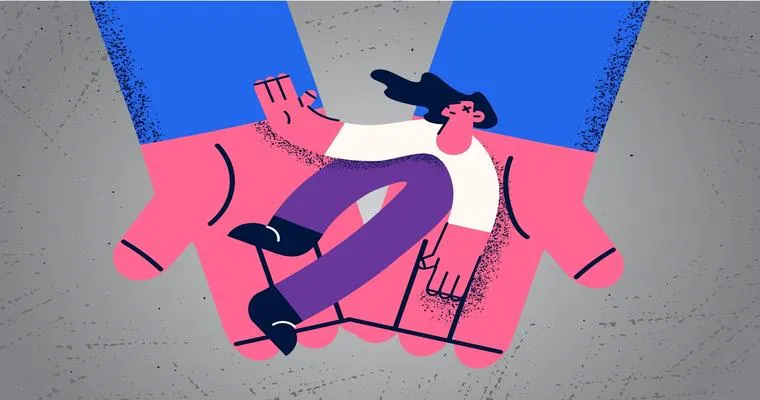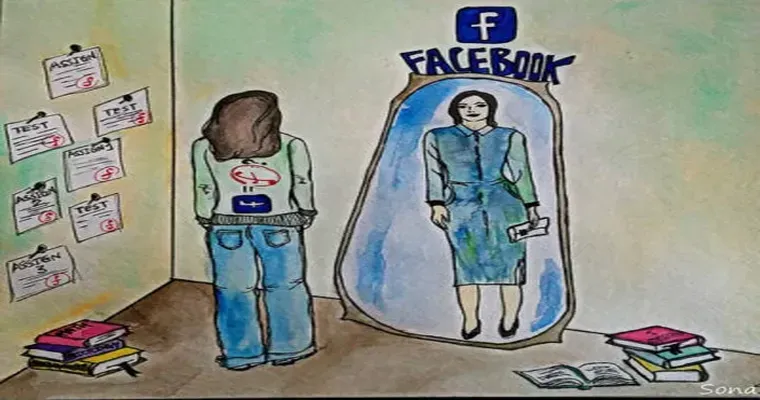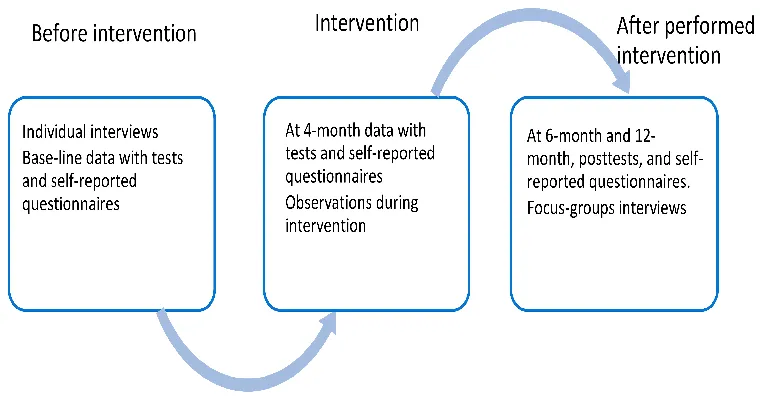Experiencing "constant self pity" and "guilt trips" can be exhausting and detrimental to your mental health. These emotional states can create a cycle of negativity that affects your relationships and overall well-being. However, there are effective strategies to break free from these feelings and regain control of your life. In this article, we will explore practical steps to help you manage and overcome self pity and guilt.
Understanding Self Pity and Guilt Trips
Self pity often arises when individuals feel they are victims of circumstances, leading to a mindset that focuses on their suffering rather than seeking solutions. Guilt trips, on the other hand, are emotional manipulations that may stem from others or even from within ourselves, making us feel responsible for situations beyond our control. Recognizing these patterns is the first step toward change.
Acknowledge Your Feelings
The first step in dealing with "self pity" and "guilt" is to acknowledge and accept your feelings. Denying or suppressing emotions can lead to an escalation of negative thoughts. Take a moment to reflect on what you are feeling and why. Journaling can be an effective tool for this. Write down your thoughts to gain clarity and identify triggers that contribute to these feelings.
Challenge Negative Thoughts
Once you have acknowledged your feelings, it is essential to challenge the negative thoughts associated with them. Ask yourself if these thoughts are rational or if they are exaggerations of your circumstances. For instance, if you find yourself thinking, "I always mess things up," counter it with evidence of your successes. This practice helps to reframe your mindset and diminishes the power of self pity and guilt.
Set Boundaries
If you find that others are frequently putting you on guilt trips, it is crucial to establish healthy boundaries. Communicate openly with those around you about how their words or actions affect you. It’s okay to prioritize your mental health and let others know when their behavior is unacceptable. Setting boundaries can empower you and reduce feelings of guilt imposed by others.
Practice Self-Compassion
Treat yourself with the same kindness and understanding that you would offer to a friend in a similar situation. "Self compassion" involves recognizing that everyone makes mistakes and experiences difficult times. Instead of being harsh on yourself, practice self-forgiveness and remind yourself that you are human. Engaging in positive self-talk can significantly reduce feelings of self pity and guilt.
Focus on Solutions
Instead of dwelling on what is wrong, shift your focus towards finding solutions. When you feel overwhelmed by self pity, ask yourself, "What can I do to improve this situation?" This proactive approach helps to redirect your energy towards constructive actions, fostering a sense of empowerment and reducing negative emotions.
Seek Support
Don’t hesitate to seek support from friends, family, or professionals. Talking about your feelings can provide relief and perspective. Sometimes, just sharing your experiences with someone who understands can lighten the emotional load. If self pity and guilt become overwhelming, consider speaking with a therapist who can provide guidance and coping strategies.
Engage in Positive Activities
Incorporate activities that bring you joy and fulfillment into your routine. Engaging in hobbies, exercise, or volunteer work can help shift your focus from negative emotions to positive experiences. These activities not only improve your mood but also foster a sense of accomplishment and purpose.
Conclusion
Overcoming "constant self pity" and "guilt trips" is a journey that requires self-awareness, compassion, and proactive change. By acknowledging your feelings, challenging negative thoughts, setting boundaries, and focusing on solutions, you can break the cycle of negativity. Remember, it is okay to seek help and engage in activities that bring you joy. With time and effort, you can reclaim your mental well-being and lead a more fulfilling life.





